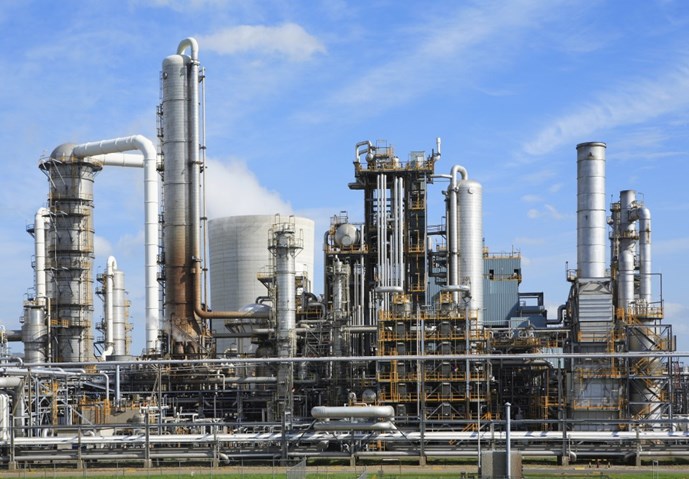Kiwa investigates properties of liquid and supercritical CO₂
One of the ways to reduce greenhouse gas emissions is to capture and store or use released CO₂. To do this efficiently and safely, additional knowledge is needed about the properties of materials subjected to carbon dioxide. Kiwa has therefore invested in new facilities to investigate and test with high pressure CO₂.
Part of the energy transition is the capturing and utilization or storage of CO₂ from fossil sources. CO2 is present in the air we breathe but also a notorious greenhouse gas. Next to a gas, CO2 will turn into a liquid if it is pressurized and when the pressure is high enough it will eventually turn in a so called supercritical state. The latter means the CO2 will have physical properties of both a gas and a liquid.
White spots
The knowledge regarding the impact of liquid and supercritical CO2 on materials still has white spots when it comes to the material compatibility of elastomers, polymers or reinforced materials. Also the CO2 permeation behavior of materials is often unknow. We already know that elastomer could highly swell due to supercritical CO2 and that this could cause material failure when the CO2 pressure suddenly drops. However, this effect has not yet been studied for many materials.
High pressure CO₂ testing
To help our customers to get more knowledge on this subject and to better understand if their products are suitable for use with CO2, Kiwa invested in new test facilities and now has the ability to test with CO2 at high pressures. We are able to immerse or subject materials to CO2 just like with H2 and do all kinds of tests to determine the permeation properties, research the influence of rapid gas decompression etc.
More information
Our team of material experts and engineers are available for more information and testing, so if you have any questions please contact technology@kiwa.nl.



